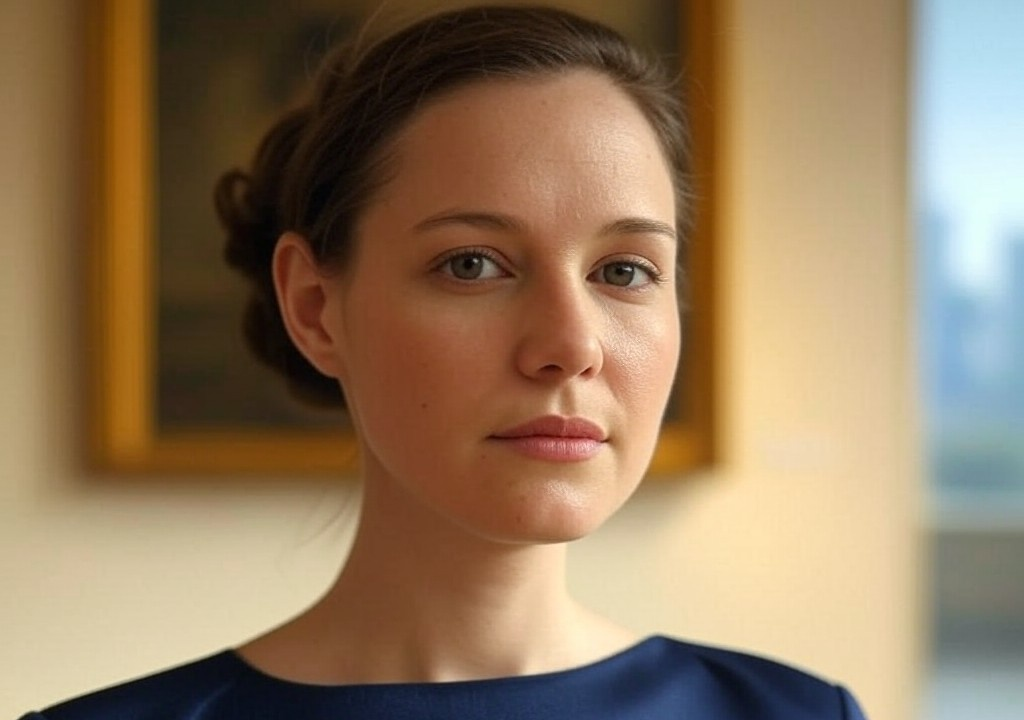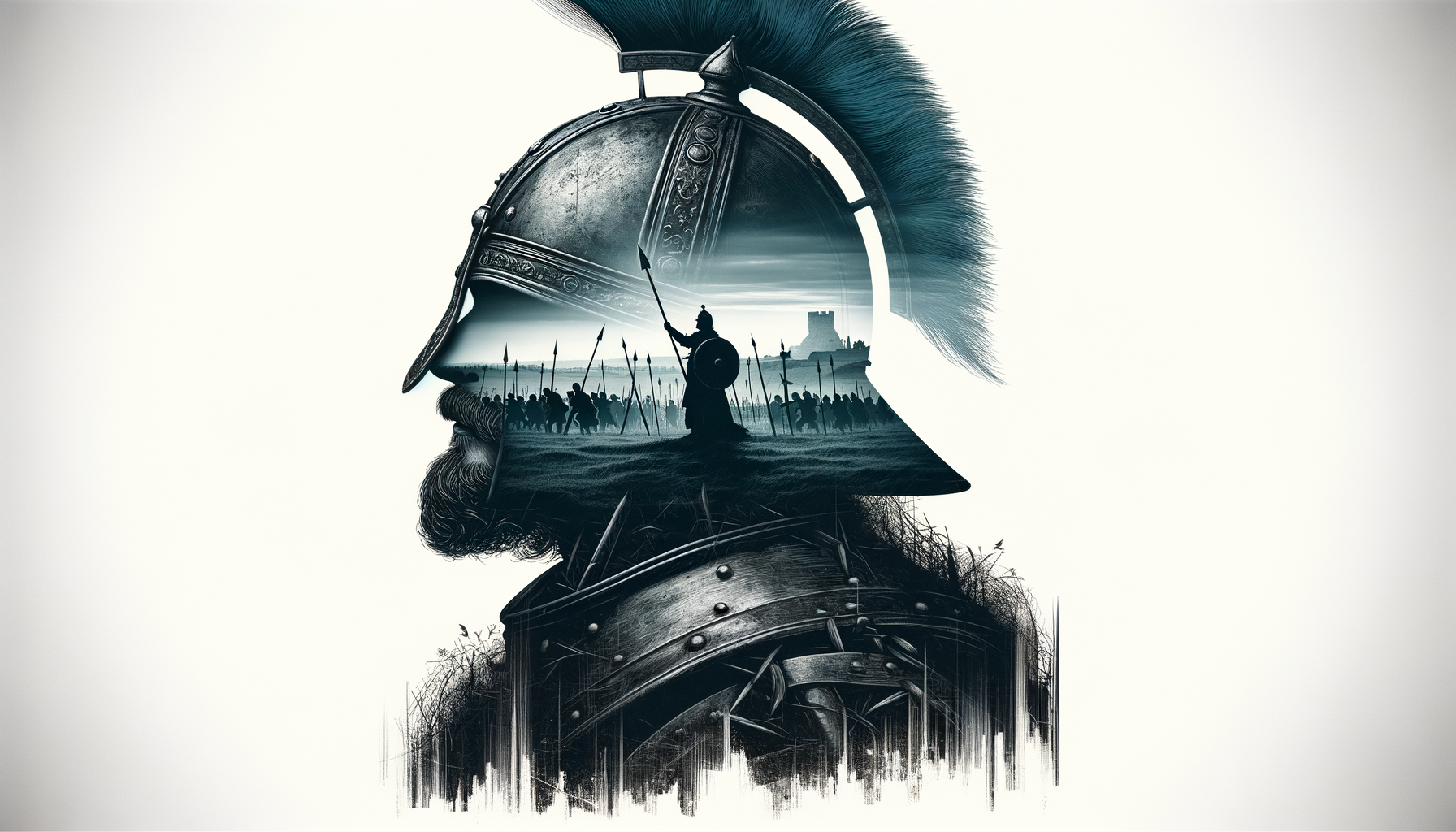Do you remember the first scar you earned? For me, it was a jagged little souvenir on my left knee, courtesy of an overly ambitious attempt to rollerblade in Central Park when I was eight. I flew over a tree root, landed dramatically, and promptly cried all the way home. (It was, incidentally, my first performance piece. My overly critical parents were far more concerned about my “composition” than my knee.) Today, that tiny scar is mostly faded. But my memory of it? Still crystal clear. It’s funny how something permanent can tell a fleeting story.
Scars, whether they’re physical marks or more abstract emotional nicks, are the inevitable souvenirs of navigating life—love included. In romance, we all collect them. Sometimes, they’re visible (a curious crowd-pleaser during first-date small talk); other times, they’re metaphorical and hidden, lingering just under the surface of our self-proclaimed “relaxed and drama-free” facades. These little reminders of past stumbles don’t just shape us; they’re essential threads in the patchwork of who we’ve become.
And here’s the twist: Our scars—ugly, beautiful, hilarious, or painful—are also invitations to deeper connection. They tell stories. They reveal truths. They break the ice, unmasking the imperfect canvas underneath. So, let’s explore why our scars matter, and how they can be one of our greatest relationship strengths.
The Stories We Carry
Letting someone in, romantically or otherwise, is a bit like inviting them into a gallery of private works-in-progress. (Trust me, this is coming from someone who spent a large portion of her life judging unfinished art pieces for a living.) Scars act like wall labels in this gallery—each one marking an experience, an adventure, or a lesson learned.
Take, for instance, the crescent moon-shaped scar on my wrist. I got it from an art installation mishap in Paris (translation: I dropped a glass sculpture because I thought it “looked lonely” and tried to move it myself). It’s a ridiculous story, sure, but it’s also incredibly revealing. My curious, impulsive nature can result in literal and metaphorical broken glass. Dating me involves some cleanup and risk, no doubt, but also a world of spontaneity and daring love. That scar says so much in so little.
Scars wield this magical truth-telling power. Sharing the story of how you got a scar—a real one or the time your heart fell from its pedestal and shattered—can instantly unlock vulnerability, authenticity, and even humor in relationships. When you tell your story, you’re saying, “Here’s who I am, tree roots and all.”
Emotional Scars Aren’t Ugly—They’re Earned
Of course, not all scars are as lighthearted as rollerblading misadventures or sculpture faux pas. Some are heavier, harder to package into cocktail-party anecdotes. Perhaps yours came from a breakup worthy of an Adele album or a betrayal so cutting it left more than just “trust issues” in its wake. And yet, these scars are no less worthy of owning.
Emotional scars may not be something you lead with on a first date (because, no, crying over your ex over appetizers isn’t chic), but their presence in your life is evidence of your resilience. Consider Beyoncé’s “Lemonade”: an entire bittersweet oeuvre about one devastating scar turned into power, beauty, and growth. Scars like those remind us that wounds don’t heal by ignoring them—they heal through acknowledgment, processing, and eventually swapping pain for strength.
In relationships, sharing these vulnerabilities—once you’re ready—becomes an act of trust. While plastering emotional scars too quickly on the metaphorical wall can feel overwhelming to your new partner, keeping them hidden forever is no healthier. It’s in the bravest admissions—“Hey, I’ve been hurt before, but I’m still standing”—that intimacy builds its foundation.
The Allure of Imperfection
Let’s be clear: scars are sexy. And I’m not just talking about the perfectly placed action-hero kind that give Chris Hemsworth slightly rugged appeal. The real sex appeal comes from exactly what they represent: character.
Think about the people you’ve fallen for. Was their allure really in their perceived perfection? Or was it in the way they shared that messy, real, imperfect part of themselves that made you trust them a little more? Maybe it was how they laughed about their awkward phase in eighth grade or how they confided in you about the fallout of a dream job they didn’t get. Scars, both literal and figurative, make people interesting.
So the next time you catch yourself apologizing for your imperfections, stop. That cautionary tale of a wound—or the time you fell for the wrong person but rediscovered yourself in the process—isn’t something to hide. It’s something to celebrate. Scars are artifacts of trying, living, loving, daring. They’re proof you’ve been brave enough to fail and wounded enough to grow.
How To Own Your Scars (And Let Them Shine)
Still not sold on showcasing your stories? Fair. It’s easy to let insecurity take the wheel and convince us that our scars make us less worthy, less desirable, less whatever. Not true. Here’s how to flip the narrative:
-
Find the Humor.
There’s funny to be found in the tragedy, if not immediately, then eventually. Self-deprecating humor goes a long way in softening the edges of discomfort—in life and in love. That glass-drop scar of mine? I used to be mortified. Now it’s my go-to when someone inevitably asks, “So...what’s the weirdest thing that’s happened to you in Paris?” -
Frame Them Wisely.
Scars are like art—context matters. There’s a time and place to share. A heartfelt account of your college heartbreak doesn’t belong five minutes after the small talk begins. But waiting for the right moment in a deep conversation with someone you trust can feel like chipping away at pretense and hitting gold. -
See Them as a Badge, Not a Blemish.
Scars aren’t flaws; they’re badges of survival. You made it through something. You’re here to talk about it. Now let it be a reminder of your strength, not your frailty. -
Appreciate Others’ Scars Too.
If someone shows you theirs—literally or metaphorically—it’s an honor. Treat it as such. Reciprocate with kindness. The exchange of imperfections is how we find common ground.
Closing Your Gallery Tour
Ultimately, whether it’s a rollerblade tumble that gave you your first scar, an art mishap you survived, or a romance that left its mark on your heart, one thing is clear: scars signal you’ve lived. They’re a part of your story, an integral piece of the magnificent human you are today.
Wounds heal. Scars remain. But their permanence doesn’t tether you to the past; it adds layers to your present. Instead of covering them up, let your scars shine. Wear them in conversation like a tailored statement piece—carefully curated, never overdone, a perfect hint of your untold story.
After all, isn’t it the imperfect, unexpected details that make any artwork—and any person—truly interesting?




















